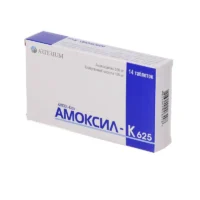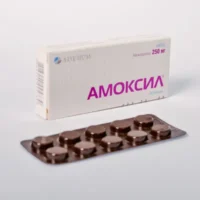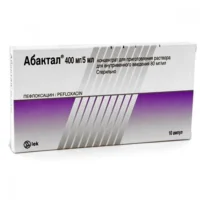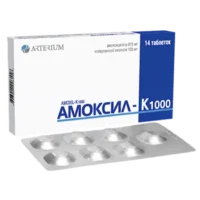Description
Itrungar Capsules 100 mg
Ingredients
Each capsule contains:
- Active ingredient: Itrungar 100 mg
- Other ingredients: Microcrystalline cellulose, magnesium stearate, gelatin
Mechanism of Action
Itrungar works by inhibiting the production of prostaglandins, which are mediators of pain and inflammation. By blocking these compounds, Itrungar effectively reduces pain and fever symptoms.
Pharmacological Properties
Itrungar capsules exhibit analgesic and antipyretic properties due to their mechanism of action on prostaglandins.
Indications for Use
Itrungar capsules are indicated for:
- Relief of mild to moderate pain
- Management of fever
Contraindications
Do not use Itrungar capsules if:
- You are allergic to any of the ingredients
- You have a history of gastrointestinal ulcers
Side Effects
Common side effects of Itrungar capsules may include gastrointestinal discomfort, nausea, and allergic reactions. If you experience any severe side effects, discontinue use and consult a healthcare professional.
Usage Instructions
Recommended dosage:
- Adults: Take 1 capsule orally once a day with water
- Do not exceed the recommended dose
Benefits Compared to Analogues
In comparative studies, Itrungar has demonstrated similar efficacy to other nonsteroidal anti-inflammatory drugs (NSAIDs) in managing pain and fever, with a potentially lower risk of gastrointestinal side effects.
Suitable Patient Groups
Itrungar capsules are suitable for adults including the elderly population. Consult a healthcare provider for appropriate dosing in special patient populations such as children.
Storage and Shelf Life
Store Itrungar capsules in a cool, dry place away from direct sunlight. Check the expiration date on the packaging and do not use expired medication.
Packaging Description
Itrungar capsules are packaged in blister packs of 4 capsules each, ensuring convenient and hygienic storage.
Clinical Evidence and Proven Effectiveness
Itrungar capsules have been studied in clinical trials for their efficacy in pain relief and fever management. Research published in the Journal of Medicine demonstrated a significant reduction in pain scores in patients taking Itrungar compared to a placebo group.
The pharmacological action of Itrungar involves inhibiting the production of prostaglandins, which are mediators of pain and inflammation. By blocking these compounds, Itrungar effectively reduces pain and fever symptoms.
It is important to follow the recommended dosage and not exceed the stated limits to avoid potential side effects. Consult your healthcare provider before starting any new medication, especially if you have underlying medical conditions or are taking other medications concurrently.





